Symptom Science Across the Lifespan
UNMC College of Nursing is at the forefront of research focused on optimizing symptom assessment and management to support health and wellbeing across the care continuum at all stages of life. Our researchers are designing novel approaches to address high need areas like pain management and chronic disease fatigue.
Active Symptom Science Projects
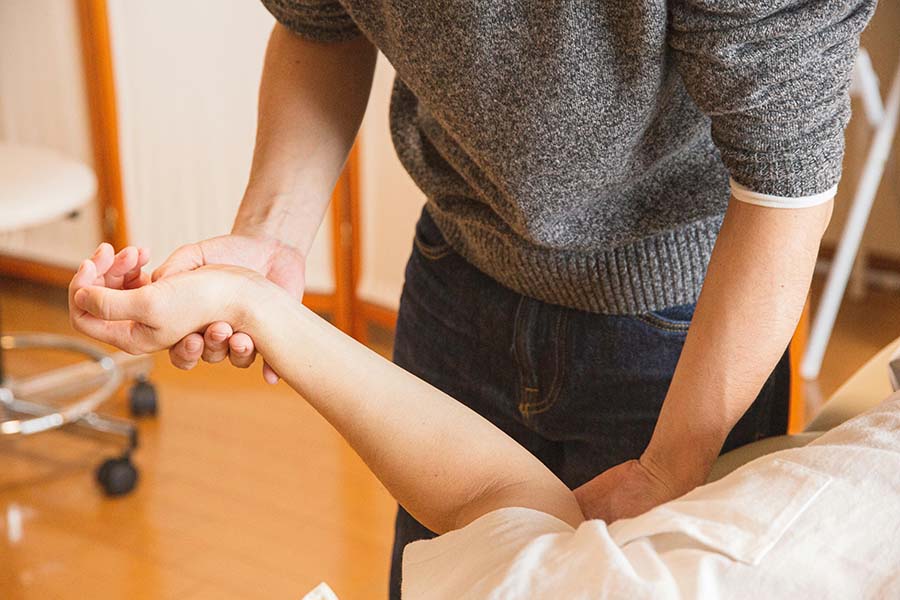
Post-Surgery VR Exercise/Symptom Management
This NIH-sponsored project proposes a randomized controlled trial of a novel rehabilitative intervention for persons with non-small cell lung cancer after surgery that promotes self-management of cancer-related fatigue (CRF) and is practical, portable, low cost and safe. Results will provide a novel exercise intervention, and its optimal timing, and help a vulnerable population by reducing CRF severity and fatigability and is applicable to nearly all post-thoracotomy lung cancer patients.

BEST-ICU
The long-term goal is to develop pragmatic and sustainable strategies to increase the delivery of evidence-based practices that lead to improved care for critically ill adults across a variety of healthcare systems, particularly those serving populations with known health disparities often called safety net hospitals. The overall objective is to evaluate two strategies grounded in behavioral economic theory and implementation science to increase ABCDEF bundle adoption. The strategies being evaluated, i.e., real-time audit and feedback and a RN implementation facilitator, target a variety of ICU team members and known behavioral determinants of bundle performance.

Machine Learning for Older Adult Pain
The purpose of this project is to incorporate and test machine learning models for pain classification and prediction during the ecological momentary assessment (EMA) of pain in older adults. The overarching aim of this work is to offer accessible technology that supports the consistent evidence-based real-time assessment of pain in older adults.

Real-Time AI Assessment in Older Adults
This project will build, beta test and refine a pre-trained natural language processing model for integration into a symptom management app. The AI agent will interact with older adults to collect information about the biopsychosocial pain experience and pain’s impact on daily life.
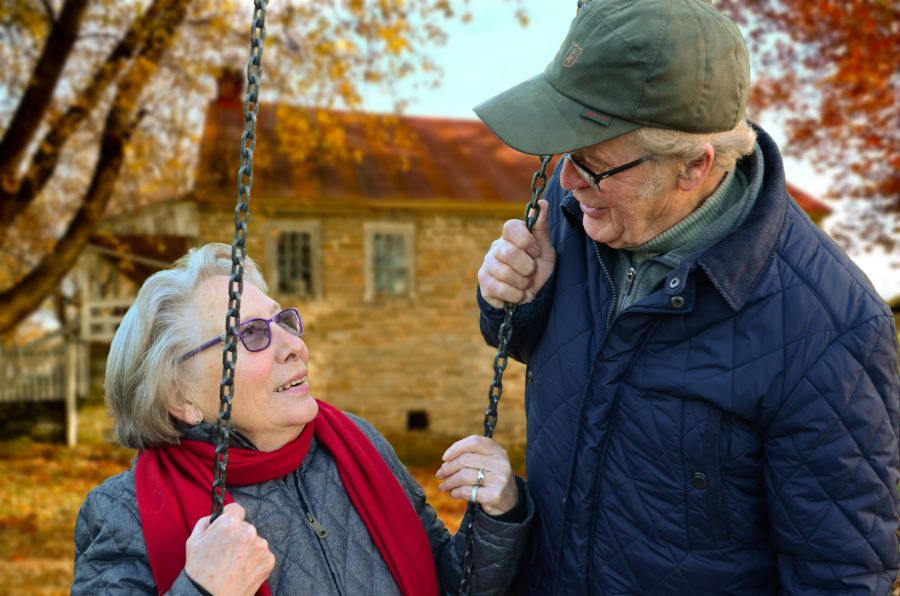
Reducing Sedentary Time in Older Cancer Survivors
The purpose of the study is to design and test the feasibility and acceptability of an intervention to reduce sedentary time and improve physical function and quality of life in older cancer survivors living in Nebraska.
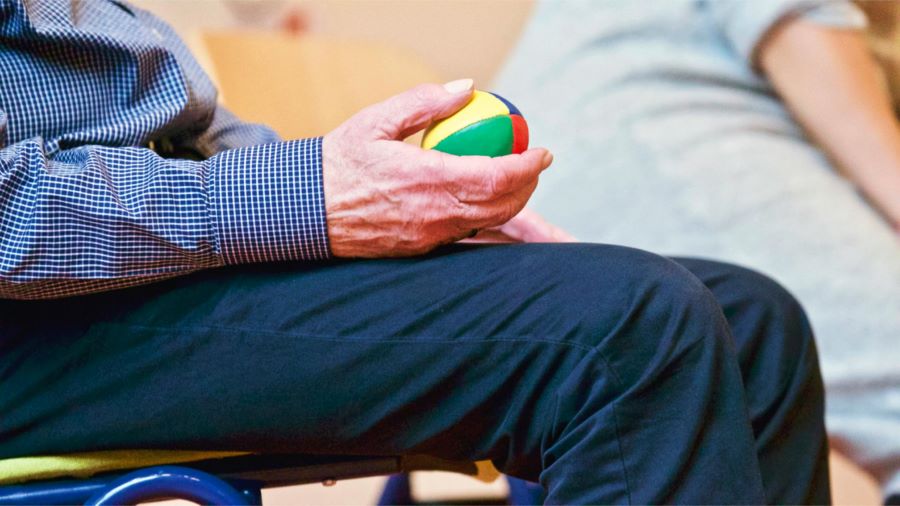
Sedentary Behavior in Older Adults with Cancer
The purpose of the study is to define contextual factors, correlates and health outcomes related to sedentary behavior, in adults aged 65 years or older, with different types of non-metastatic cancer receiving systemic treatment, to inform intervention development.

Pelvic Organ Prolapse and Emphysema
The three goals of this project are to: determine if the relationship between emphysema and Pelvic Organ Prolapse is strong enough to merit an in-depth research proposal; demonstrate the feasibility of evaluating mechanistic connections between these conditions; and establish a new collaborative team capable of pursuing these questions.

Memory Care Across Settings
The goal of this study is to develop and evaluate acceptability of a telehealth nurse-led transitional care intervention that may assist persons living with dementia and their caregivers living in rural areas.
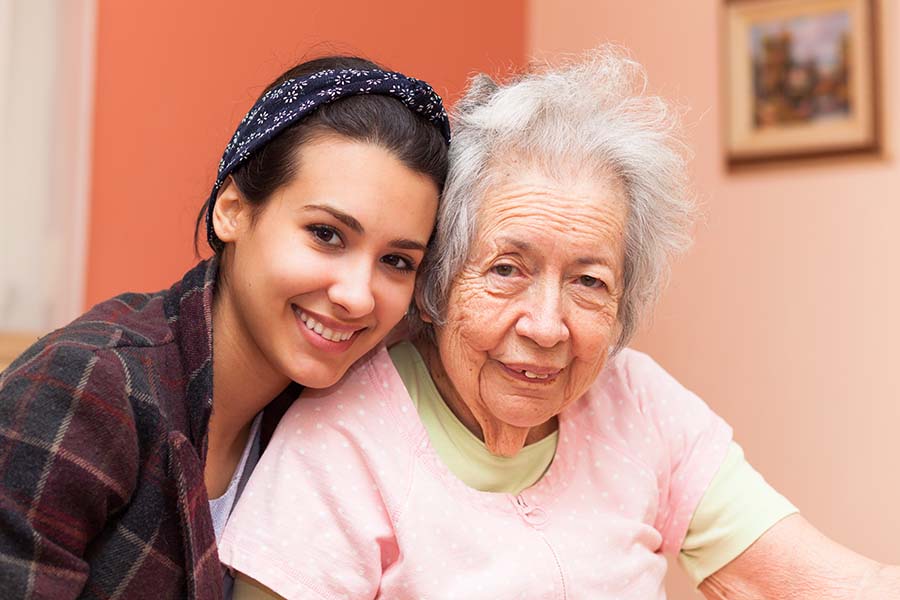
PWLD & Caregiver Anesthesia Burden
The purpose of this multi-method feasibility study is to determine the post-discharge burden of anesthesia procedure on persons living with dementia (PLWD) and caregivers; determine the feasibility and acceptability of perianesthesia registered nurses administering cognitive assessment in a pre-admission clinic; and explore the relationship between caregivers’ presence in post-anesthesia care unit on PLWDs’ and caregivers’ outcomes.

Telehealth Transitional Care for PWLD
The aim of this project is to examine the feasibility, acceptability and preliminary efficacy of a transitional care intervention for persons living with dementia (PWLD). Funding support for this project is provided by the Gerontological Advanced Practice Nurses Association Foundation.
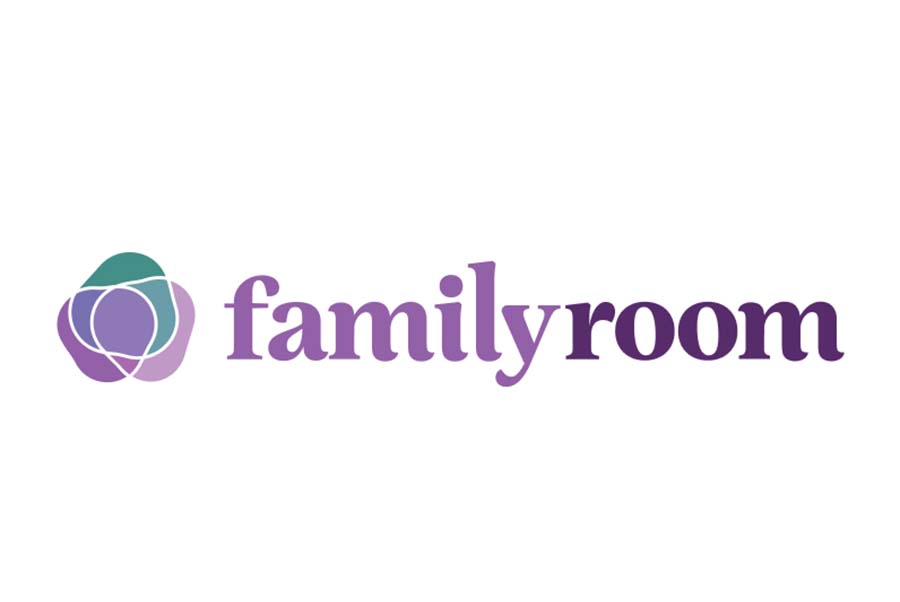
The Family Room
Supported by NIH STTR funds and the Betty Irene Moore Fellowship for Nurse Leaders and Innovators Program, Dr. Hetland’s team is developing, optimizing and commercializing the Family Room App, which is designed to support family caregivers in direct patient care at the bedside during acute hospitalization. The long-term goal is to have a user-friendly, point of care technology that promotes efficient day-to-day informal caregiving, facilitates symptom management decisions and enhances clinical communication among patients, caregivers and health care providers in the ICU.

Robot Rehab
This study will evaluate the feasibility, acceptability and preliminary treatment effects of Paro, a therapeutic robotic baby harp seal, during pediatric inpatient therapy sessions. Therapy sessions with Paro will focus on speech, balance, endurance, memory, self-esteem, fine motor skills and sensory stimulation. The team will evaluate physical responses to Paro, how participants and their guardians feel about the therapy and overall activity performance.